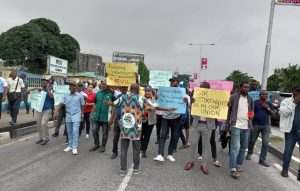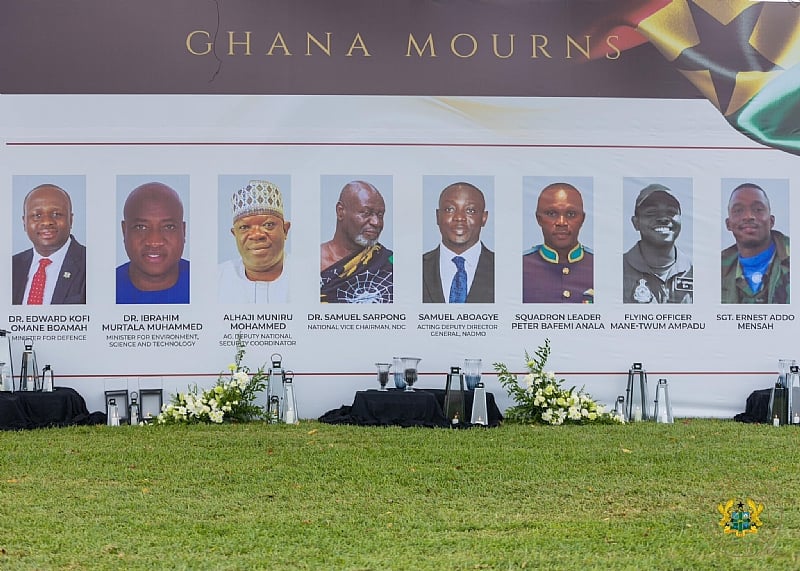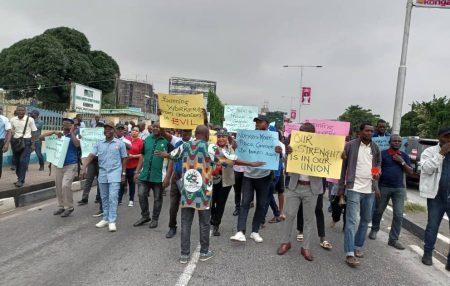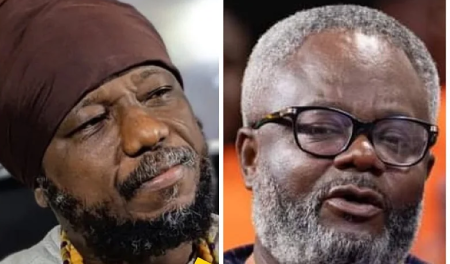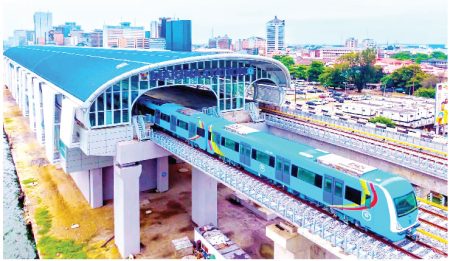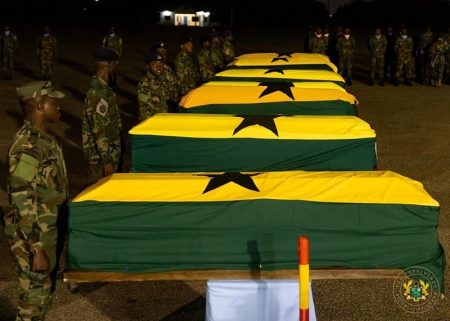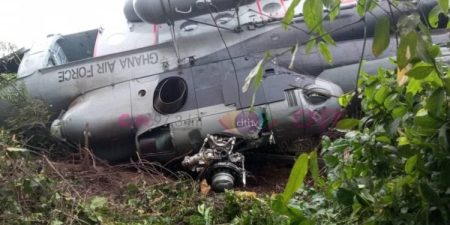The tragic helicopter crash on August 6th, which claimed the lives of two government ministers and six others, has prompted calls for a comprehensive and independent investigation into the incident. Captain Michael Yao Foli, a respected aviation analyst, has voiced concerns about the Ghana Armed Forces leading the inquiry single-handedly, emphasizing the need for an independent body to spearhead the investigation to ensure impartiality and transparency. While acknowledging the military’s right to conduct an internal review, Capt. Foli argues that the primary investigation should be entrusted to Ghana’s Accident Investigation Board, a neutral entity equipped to handle such sensitive matters. This independent board, in collaboration with relevant authorities and the aircraft manufacturer, would bring an unbiased perspective and expertise crucial for uncovering the truth behind the tragic event.
The President’s assurance of a “full and transparent investigation” by the Ghana Armed Forces, while welcomed, has not fully allayed concerns about potential conflicts of interest. Given the military’s ownership, maintenance, and operational control of the helicopter, an internal investigation, however well-intentioned, might be perceived as lacking objectivity. The public, especially the grieving families, deserves an independent assessment to address the critical question of what caused the crash and to prevent similar tragedies in the future. An independent body, free from institutional pressures, is best positioned to scrutinize all aspects of the incident without bias.
Capt. Foli’s call for an independent investigation underscores several crucial points. Firstly, the military’s multifaceted involvement in the operation of the helicopter – from maintenance and crew selection to flight dispatch – creates a potential conflict of interest. Investigating itself, even with the best intentions, could inadvertently lead to overlooking crucial details or influencing the outcome. Secondly, an independent investigation, conducted by experts outside the military structure, would ensure a more objective and thorough analysis of the evidence, enhancing public trust in the process and its findings. Thirdly, the involvement of the aircraft manufacturer is essential for providing technical expertise and insights specific to the helicopter’s design, maintenance, and operational history.
A truly independent investigation requires access to all relevant information, including maintenance records, crew training logs, flight plans, and communication records. The independent investigative board should be empowered to interview witnesses, analyze flight data recorders, and consult with external experts to piece together the events leading to the crash. Furthermore, the investigation should not be limited to the immediate circumstances of the crash but should also examine broader systemic issues, such as safety protocols, regulatory oversight, and maintenance procedures within the Ghana Armed Forces. Such a comprehensive approach is crucial not only for determining the cause of the accident but also for identifying and addressing any underlying deficiencies that may have contributed to the tragedy.
The involvement of the Civil Aviation Authority, as the overarching regulatory body for all aviation activities in Ghana, is also critical in this process. Their oversight and collaboration with the Accident Investigation Board can ensure adherence to established procedures and international best practices in aviation accident investigations. This collaborative approach will strengthen the integrity of the investigation and enhance public confidence in the final report. The Civil Aviation Authority can also play a crucial role in implementing any recommendations arising from the investigation to improve aviation safety and prevent future accidents.
In conclusion, the call for an independent investigation into the August 6th helicopter crash is not a reflection of distrust in the Ghana Armed Forces but rather an affirmation of the importance of transparency and impartiality in such sensitive matters. An independent investigation, conducted by the Accident Investigation Board in collaboration with relevant authorities and the aircraft manufacturer, is the best way to provide the public, especially the grieving families, with the answers they deserve. This approach will also contribute to strengthening aviation safety standards and preventing future tragedies. The nation’s collective grief and the magnitude of this loss demand a thorough, credible, and independent inquiry to ensure that lessons are learned and necessary changes are implemented to prevent such a devastating event from happening again.


